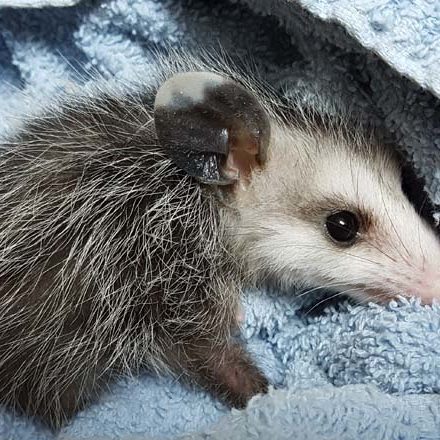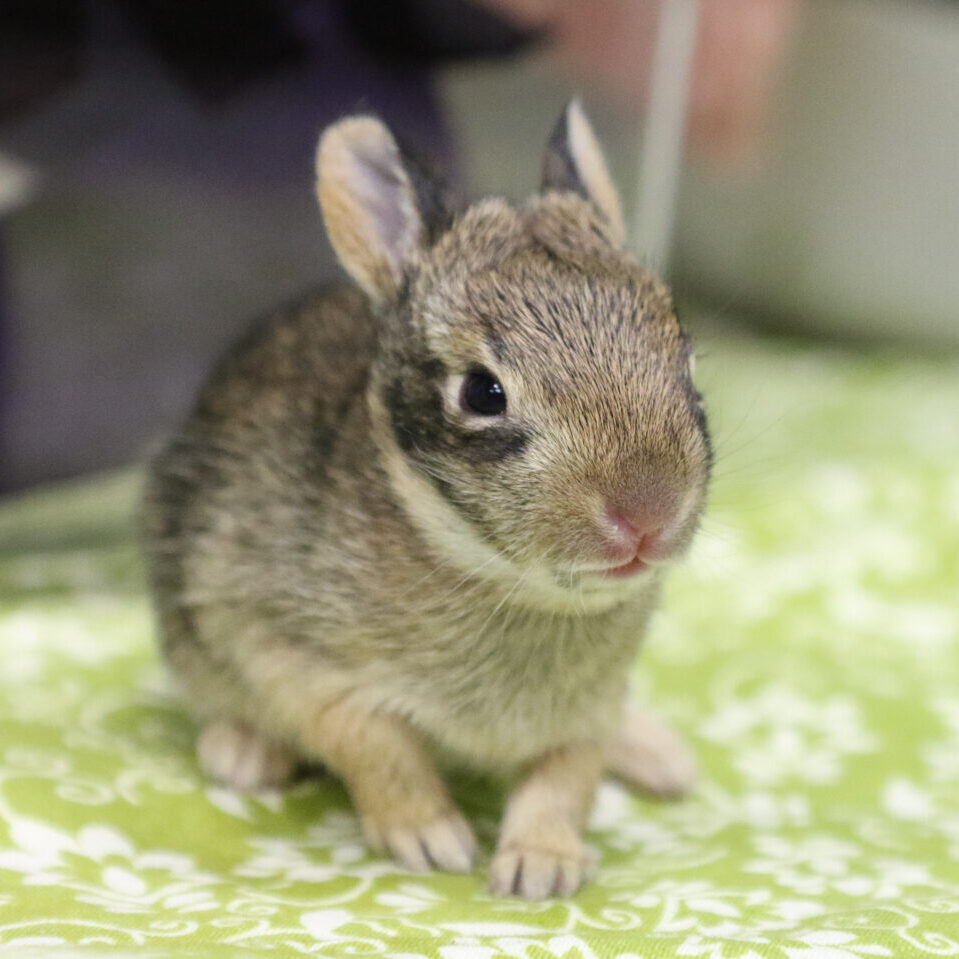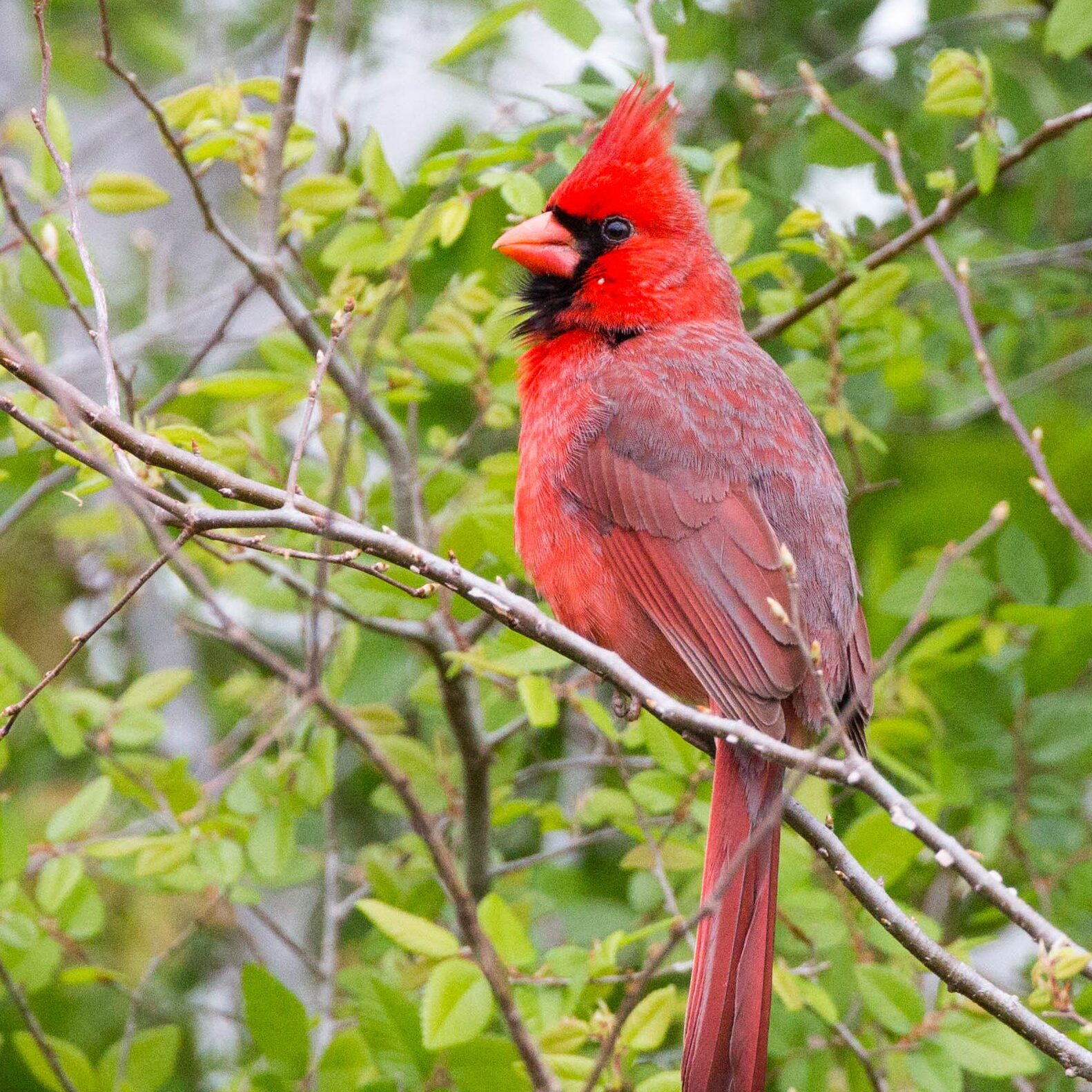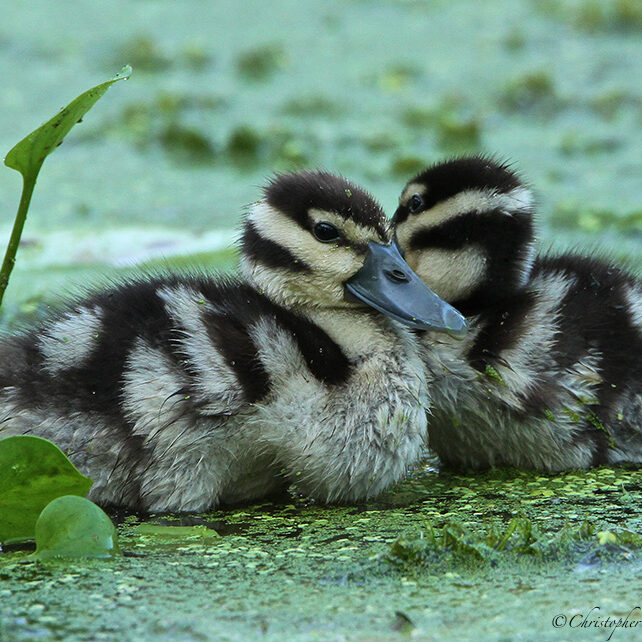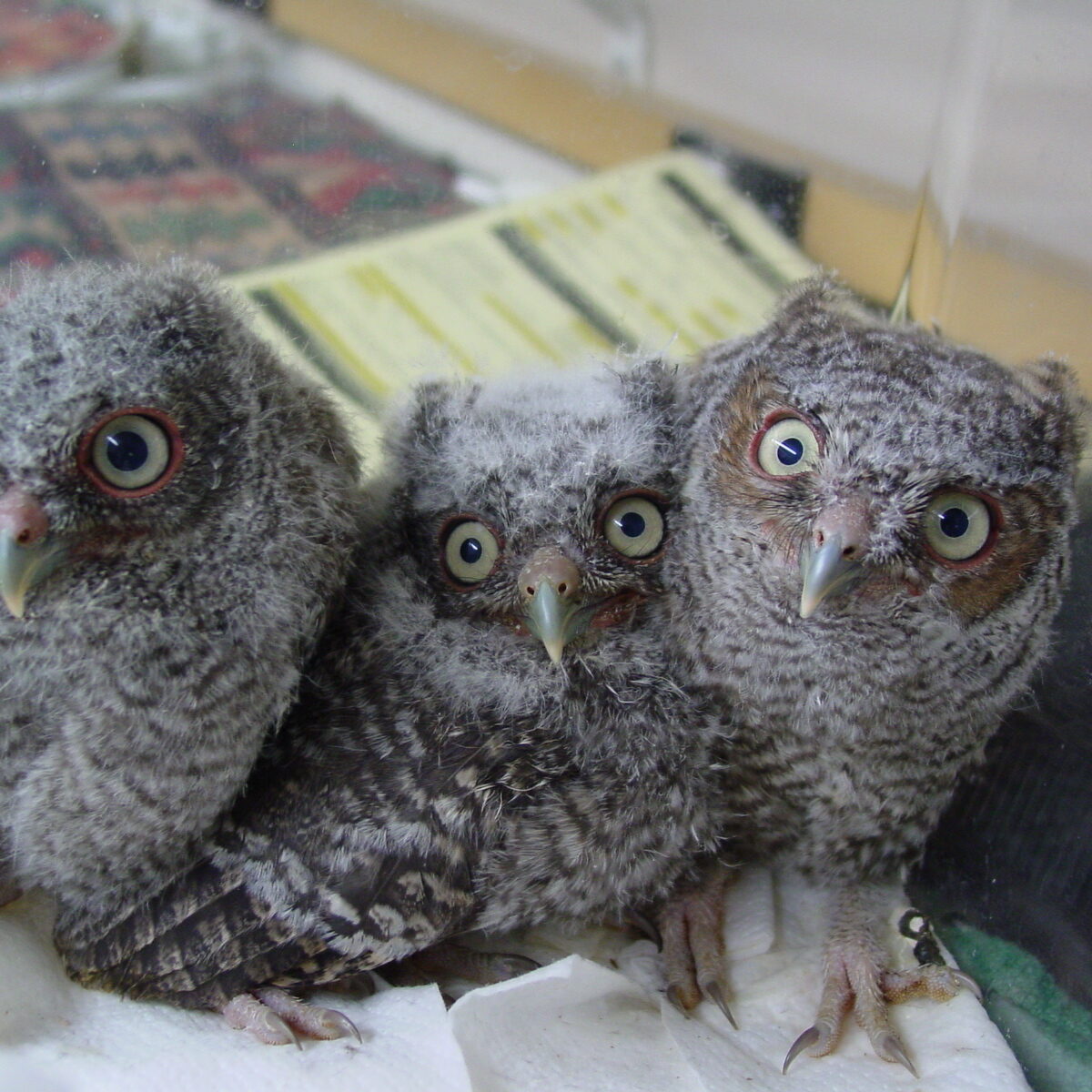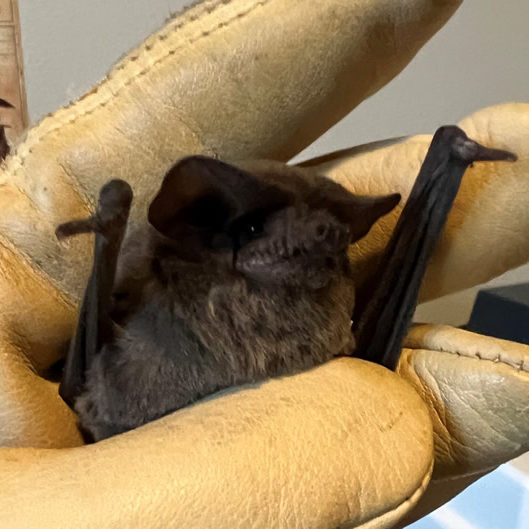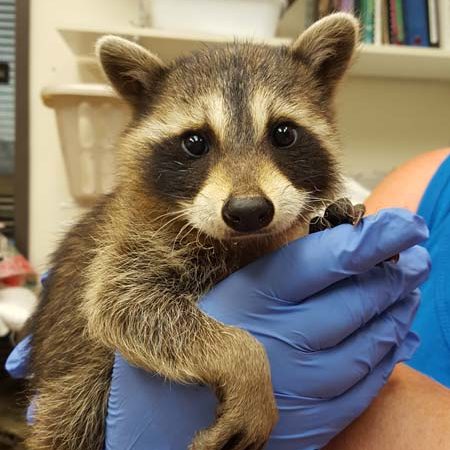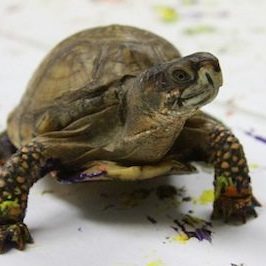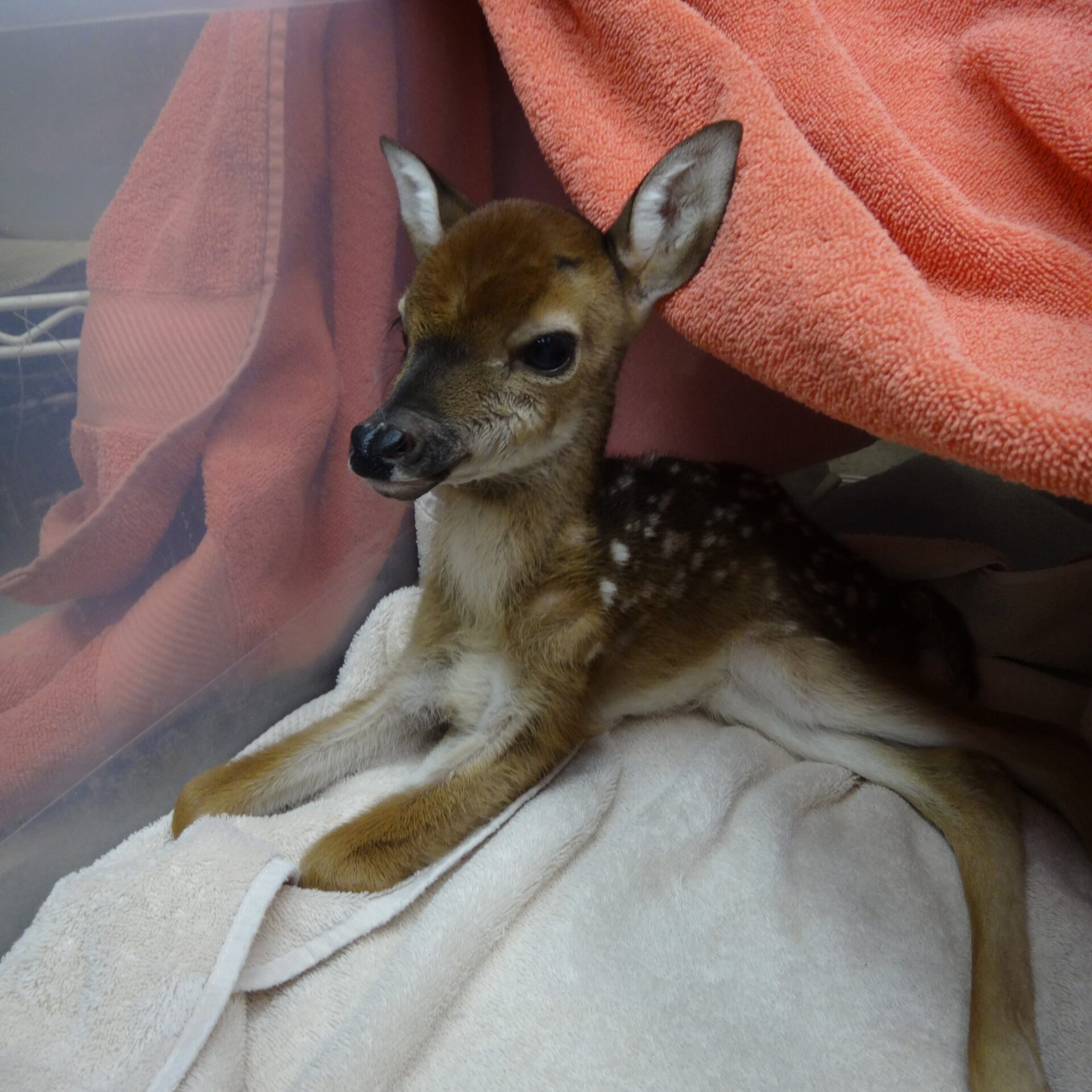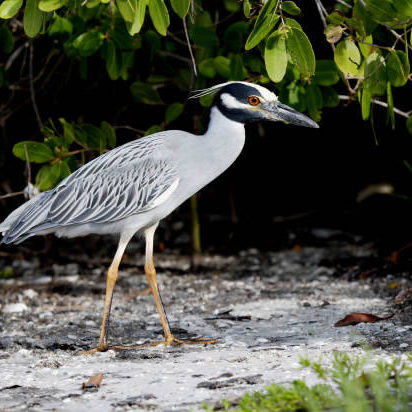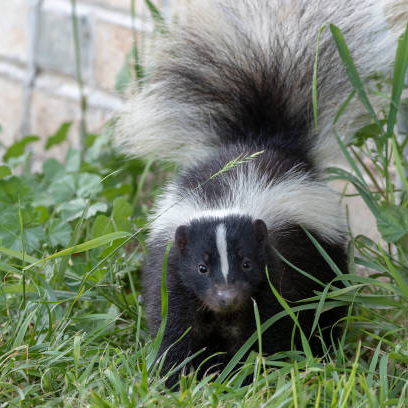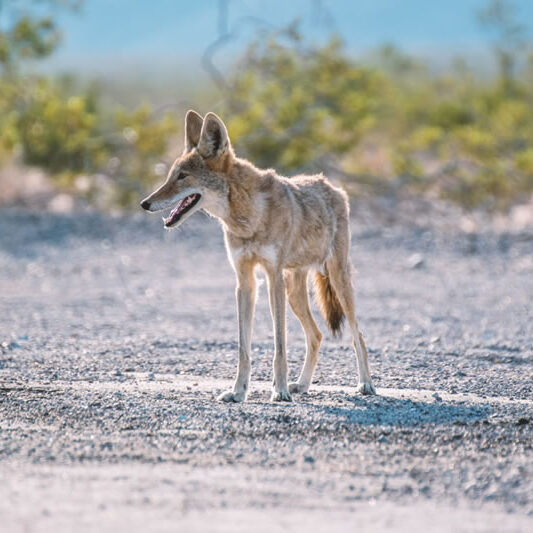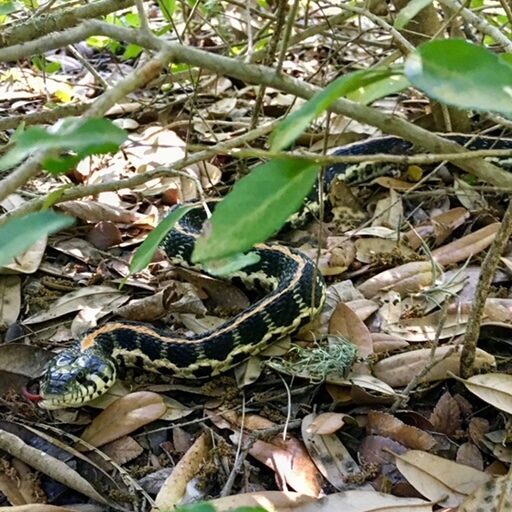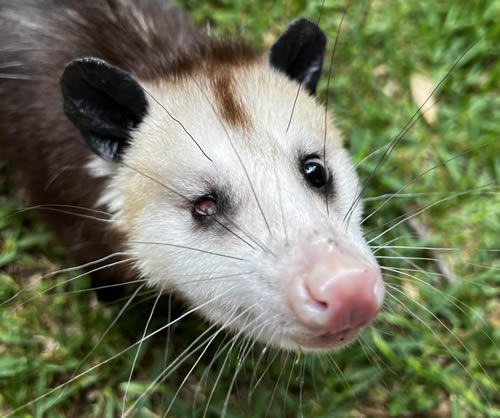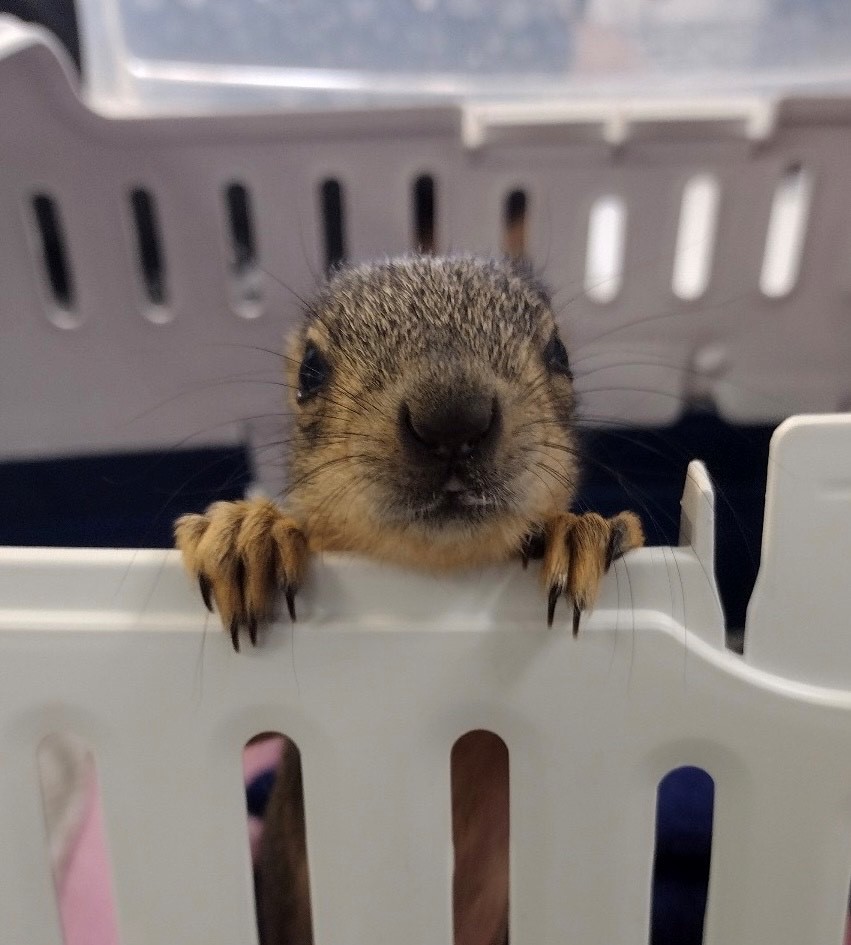Warning: Please avoid attempting to feed orphaned, injured, or ill wild animals as it can cause injury, or harm delicate digestive processes
Please call to set up an appointment to bring in a found animal
If you are calling outside of office hours, please leave a voicemail and follow the instructions for the species below.
We will get back to you as soon as possible!
- BIRDS
- Songbirds
- Doves
- Woodpeckers
- Shrikes
- Hummingbirds
- Nightjars
- REPTILES and AMPHIBIANS
- Frogs & Toads
- Turtles
- Tortoises
- Non-venomous Snakes
- WATERBIRDS
- Kingfishers
- Killdeer
- Woodcocks
- MAMMALS
- Squirrels
- Opossums
- Bats
- Rabbits
- BIRDS of PREY
- Eagles
- Owls
- Hawks
- Falcons
- Vultures
- BIRDS
- Swifts, Swallows and Martins
- REPTILES
- Alligators
- Venomous Snakes
- WATERFOWL
- Ducks
- Geese
- WATERBIRDS
- Pelagic Birds (Gannets, Loons, Boobies)
- Pelicans
- Herons, Egrets and Bitterns
- Cormorants and Anhingas
- Spoonbills and Ibis
- Gulls, Terns, and Plovers
- MAMMALS
- Raccoons
- Skunks
- Deer
- Coyotes
- Foxes
- Bobcats
- Flying Squirrels
- Armadillos
- DOMESTIC ANIMALS
- Please contact your local Humane Society for
Cats, Dogs, & Livestock
- Please contact your local Humane Society for
COMMON TEXAS WILDLIFE THROUGHOUT HOUSTON
Click the images below to learn more about what to do if an injured or orphaned animal has been found.
**Note: Please contact us for information or advice regarding species or situations not covered below.**
Frequently Ask Questions
Temporary Care Instructions for ALL Animals:
- Houston Humane Society Wildlife Center (HHS Wildlife Center) recommends that you wear gloves or use a cloth barrier when handling wildlife.
- Prepare an appropriate-sized cardboard box by poking air holes in the top and placing a soft cloth (T-Shirt, towel, paper towels) in the bottom. DO NOT put the animal into a plastic bag.
- Place the animal into the prepared box and tape the box shut. For injured adults, place the box on its side next to the animal and use a stick, broom, or rolled-up newspaper to gently push the animal into the box.
- Do not give the animal any food or liquids. Feeding an animal an incorrect diet can result in injury or death. In addition, rescued animals can get wet from liquids and become hypothermic and/or spill food on their fur/feathers, potentially causing damage.
- Keep the animal in a warm, dark, quiet place. Darkness makes the animal feel more secure. If the animal is a baby, the box can be placed half on and half off a heating pad set on low. If the animal gets too warm it will move to the other end of the box. Do not place adult animals on a heating pad.
- Leave the animal alone. Human noise, touch, and eye contact are very stressful to wild animals and can result in shock or even death. This is especially important in the case of injured or adult animals.
- If an animal has been caught by a cat or dog, please call HHS Wildlife Center immediately at 713-468-8972. Even if wounds are not visible, the animal needs medical intervention as soon as possible.
- Keep children and pets away. BE CAREFUL! An animal that is hurt or frightened may bite.
- Call HHS Wildlife Center at 713-468-8972 as soon as possible!


